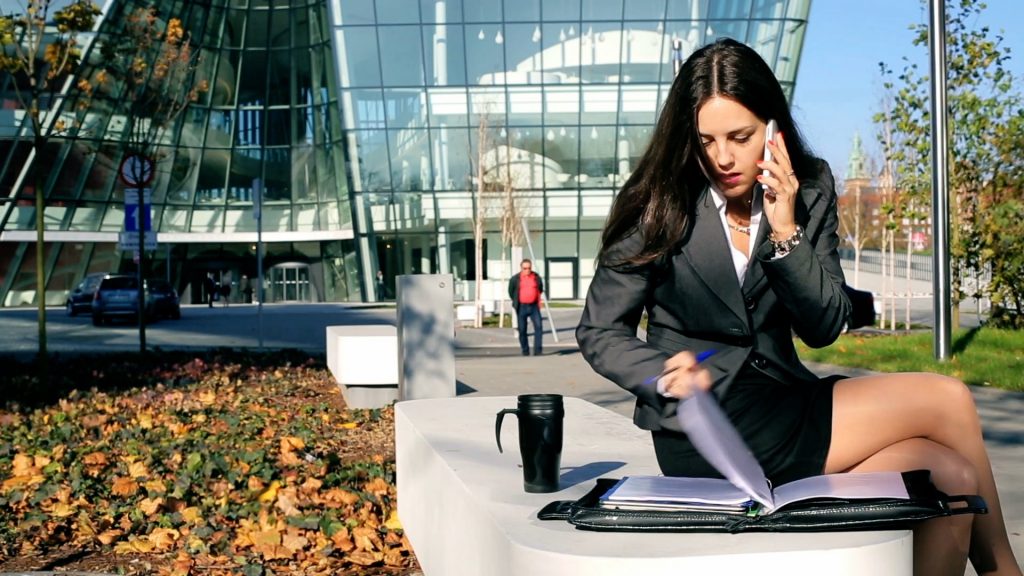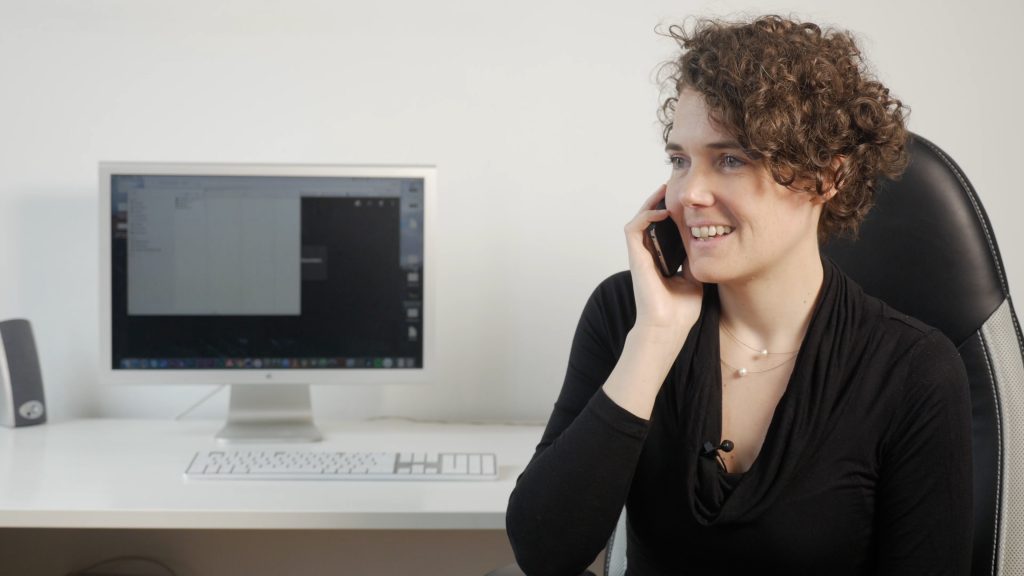
Here are some important Italian business words and phrases that are very handy to know. Some them are similar but have different meanings that are essential to be aware of in the business world.
1. gli affari
Come vanno gli affari? (“How’s business?”)
Affare sounds kind of like “affair.” As a result, you might think affare (the singular of affari) means “affair,” as in two people having a secret relationship, but in Italian, affari is one of the most common business words. In fact it means “business!”
When it means “business,” affari is always in the plural. Gli affari.
What’s the answer to this question: Come vanno gli affari?
Gli affari vanno male, malissimo (business is bad, very bad).
Gli affari vanno così e così (Business is OK, not great).
Here’s a related word: Un uomo d’affari is “a businessman.”
2. un affare
Ho fatto un affare (I got a great deal).
Affare (deal) is a close cousin of the Italian business word affari. Indeed, it’s the same noun in the singular but it means something different.
It means “a deal.” Ho fatto un affare (I got a great deal).
You might say ho fatto un affare when you buy a new car and get a great price, lower than you expected. You can also use it with irony in the exact same way but with a different facial expression.
So the verb we use here is fare (to make, to do), fare un affare, even though in English we use the verb “to get.”

3. affare fatto
Affare fatto (“It’s a deal,” “You’ve got yourself a deal,” “Deal!”)
We can also “make a deal,” which is different than “getting a good deal.” This is very important Italian business phrase. It’s a commitment.
Interesting fact: Taking the word affare apart, we find a and fare. In fact, the noun affare comes from the 17th-century French expression “avoir à faire” — in Italian, avere a che fare (to have to do).
3. fare
Che lavoro fai? Che lavoro fa? “What do you do?” “What’s your profession?”
Fare is not specifically an Italian business word, but it is an essential verb in any context. Besides, it’s also part of some handy typical Italian business phrases.
If you are busy and simply don’t have time to talk to someone or help them with something, you can say, Ho da fare. “I’m busy.” “I have stuff to do.” (So don’t bother me!)

I’m busy, I’ll call you back later.
4. indaffarato
Sono molto indaffarato. Sto facendo tante cose. “I’m very busy. I’m doing so many things.”
When you are busy in terms of work, you are indaffarato. You keep yourself busy. You don’t have much time to breathe. Indaffarato is a fun, modern Italian adjective formed from da fare (stuff to do). Similarly, we can also talk about il da fare (the stuff there is to do).
5. un accordo
Abbiamo raggiunto un accordo. (We reached an agreement.)
Accordo is an essential Italian business word. When you are trying to make a deal — fare un affare — you discuss things and come to un accordo (an agreement).

Great, we agree.
6. essere d’accordo
Non sono d’accordo (I don’t agree.) Sono d’accordo con Michele. (I agree with Michele.)
Essere d’accordo is “to be in agreement,” or “to agree.” In a meeting or in making a deal, this is an essential Italian business phrase because a meeting is where people express their opinions. Remember to use the verb essere (to be).

7. andare d’accordo
Cerchiamo di andare d’accordo anche se abbiamo modi diversi di lavorare. (Let’s try to get along, even though we have different ways of working.)
To get along with someone is andare d’accordo. Literally, “to go in agreement.” It uses the verb andare (to go).
We can also use it in the negative: Non vado molto d’accordo con il mio collega. I don’t get along very well with my co-worker.
8. d’accordo
Ci vediamo domattina in ufficio, d’accordo? (I’ll see you at the office tomorrow morning, OK?) –D’accordo. (OK.)
D’accordo is a spin-off from essere d’accordo (to agree). It’s a very common way to say “OK,” “all right,” “I accept.” D’accordo. Italians in business and elsewhere use the English “OK,” but they most certainly use d’accordo a lot as well, therefore it’s an essential word to have handy.

OK, see you tomorrow.
9. un recapito
Mi dà un recapito? (Can you give me your contact information) (Where can I get in touch with you?)
When you meet someone at a trade fair or convention, you might exchange cards or email addresses, for instance. If someone asks you for un recapito, you’ll know to give them your biglietto da visita (business card).

How can I get in touch with you? -Here’s my business card.
10. un appuntamento
Vorrei prendere un appuntamento per un colloquio di lavoro. (I would like to make an appointment for a job interview.)
Appuntamento is an easy Italian business word because appuntamento sounds very much like “appointment” in English, so the meaning is easy. The thing to remember, however, is to use the verb prendere (to take), or, as an alternative, fissare un appuntamento (to set up an appointment).

Do you want to set up an appointment for next week?
Although more and more often, English expressions have become the norm, these Italian business words and phrases are good to know. There are plenty of Italian business people who don’t speak much English at all. They will be pleased and relieved if you speak their language. Meanwhile, you can head over to the Yabla platform and check out some of the videos about business Italian. Here’s a free one! You will learn plenty of Italian business words and phrases and be able to check your progress with the exercises at the end of every video.